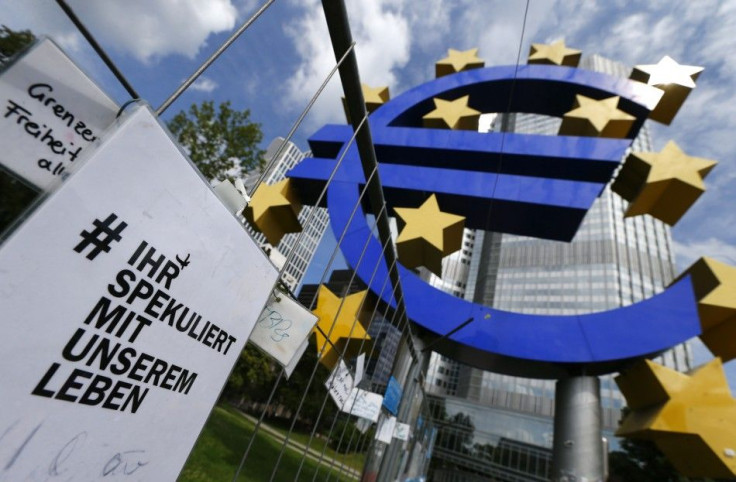EU To See Good Times As Central Bank Cuts Rate And Launches Economic Stimulus

To stonewall the rock bottom inflation from derailing the euro zone's already fragile economy, the European Central Bank (ECB) on Thursday surprised financial markets with a cut in interest rates. It also announced a new stimulus plan and overruled Germany's central bank, reported The Wall Street Journal.
The ECB action pulled down the euro but boosted the European stock and bond prices. The ECB has taken the step that is at variance with the stand of central banks in the U.S. and U.K, which are heading for a tighter policy regime. The ECB and EU central banks want to take the economic stimulus path.
In the ECB stimulus programme, most notable is the purchase plan of asset-backed securities. Referring to ABS, Mario Draghi, ECB chief, said the Euro system will purchase a broad portfolio of simple and transparent asset-backed securities with its underlying assets, having claims against the euro area non-financial private sector.
Rate Cut
The European Central Bank also cut the benchmark interest rate to 0.05 per cent, after slashing the rate from 0.25 per cent to 0.15 per cent in June. The central bank also made a cut in the deposit rates, which is the rate at which banks pay the central bank to keep the cash. It was slashed to minus 0.2 per cent from minus 0.1 per cent. This may augment the loan disbursal by banks than sitting on a pile of cash.
The ECB hoped that the asset purchase programme, in terms of buying debt products from banks, will unleash liquidity to the financial system and revive lending. When the ABS market takes a critical mass, it would make European business more American in nature with bigger share of the commercial loans coming from the financial markets, reducing the dependence on banks.
The ABS decision was significant but it fell short of a process known as quantitative easing (QE), which is about buying government bonds. The U.S. Federal Reserve is heavily into QE business.
Progress
Draghi said the cuts have reached the lower bound, which is the benchmark for refinancing rate. It will also determine what the banks pay to the ECB for credit and what the banks charge from borrowing companies.
According to Luke Bartholomew, an asset management expert, Draghi has exceeded the expectations of the market.





















